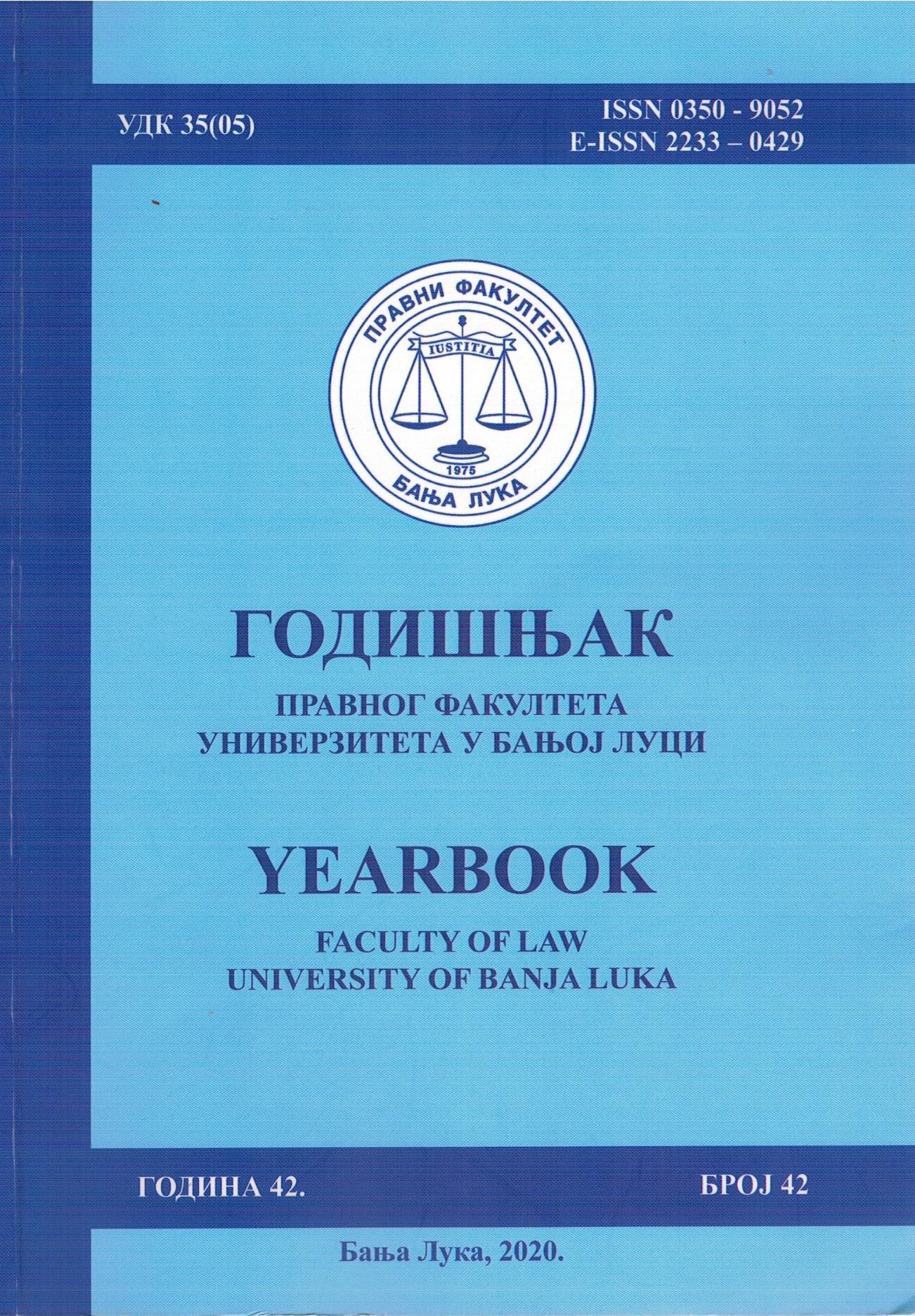PARTIAL INVALIDITY OF LEGAL WORK - THE SIGNIFICANCE OF THE "UTILE PER INUTILE NON VITIATUR" PRINCIPLE
Abstract
The history of the question of the partial irrelevance of legal affairs raised to the level of a general question begins only in post-classical Roman law. Until then, we find a certain number of texts by classical Roman jurists that deal only with individual cases in which the question arose as to what effect a legal work has when one part of it is invalid. In the paper, the author tries to show whether Roman classical jurists came up with a general rule by which it is decided whether a partially invalid legal transaction can survive or be declared invalid as a whole, that is, null and void. The author investigates how the well-known general principle "utile per inutile non vitiatur" - "useful does not spoil with harmful" from the age of reception of Roman law had its roots in certain sources of Roman classical law.

This work is licensed under a Creative Commons Attribution-NonCommercial-NoDerivatives 4.0 International License.



